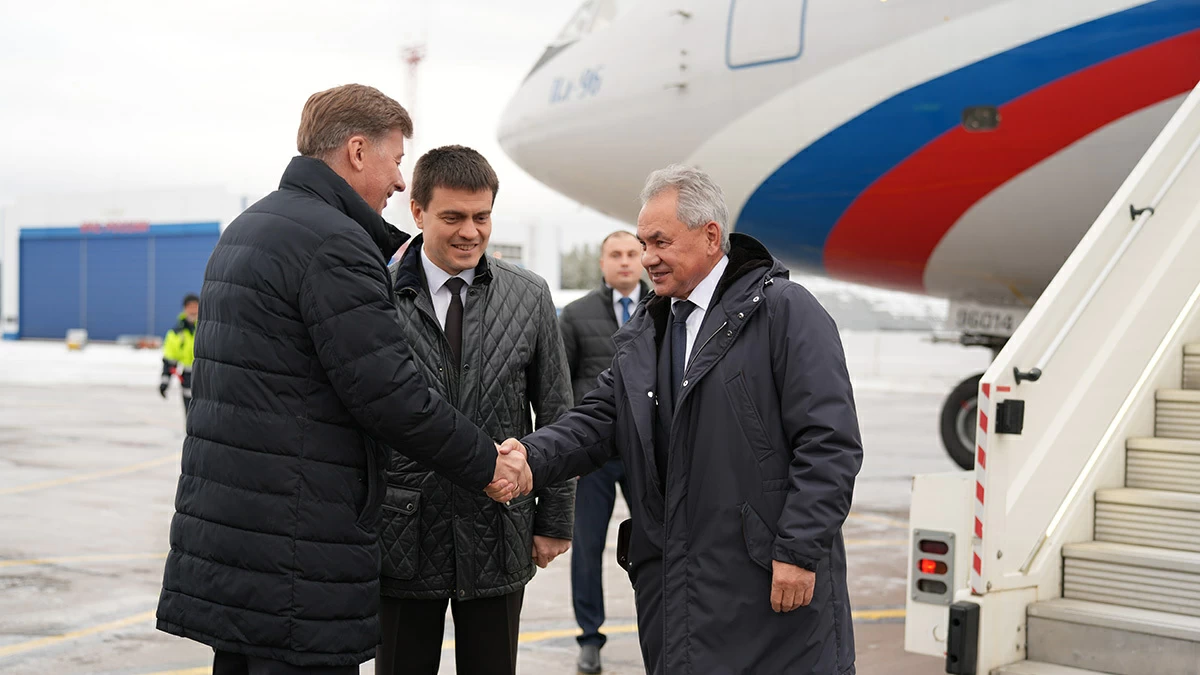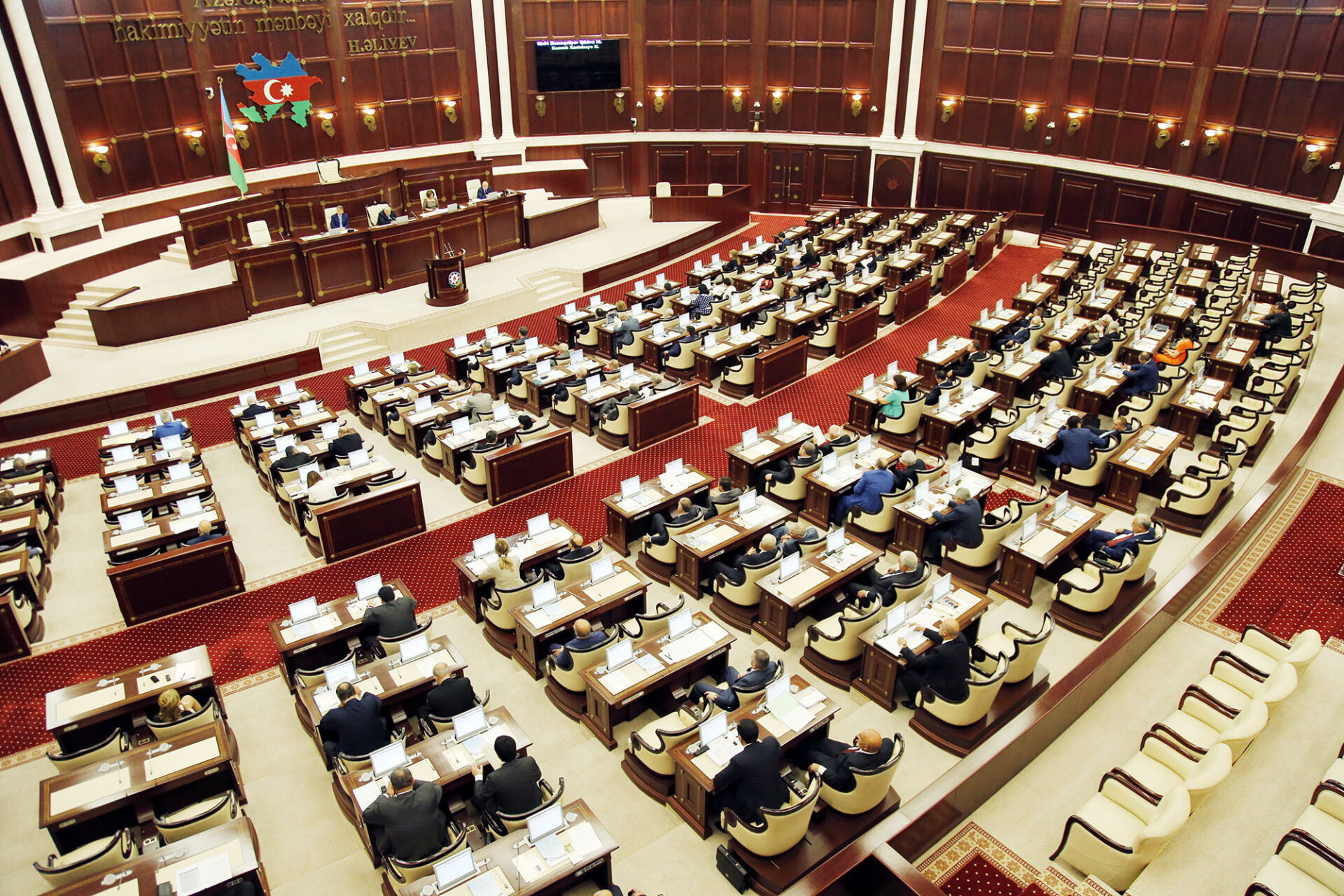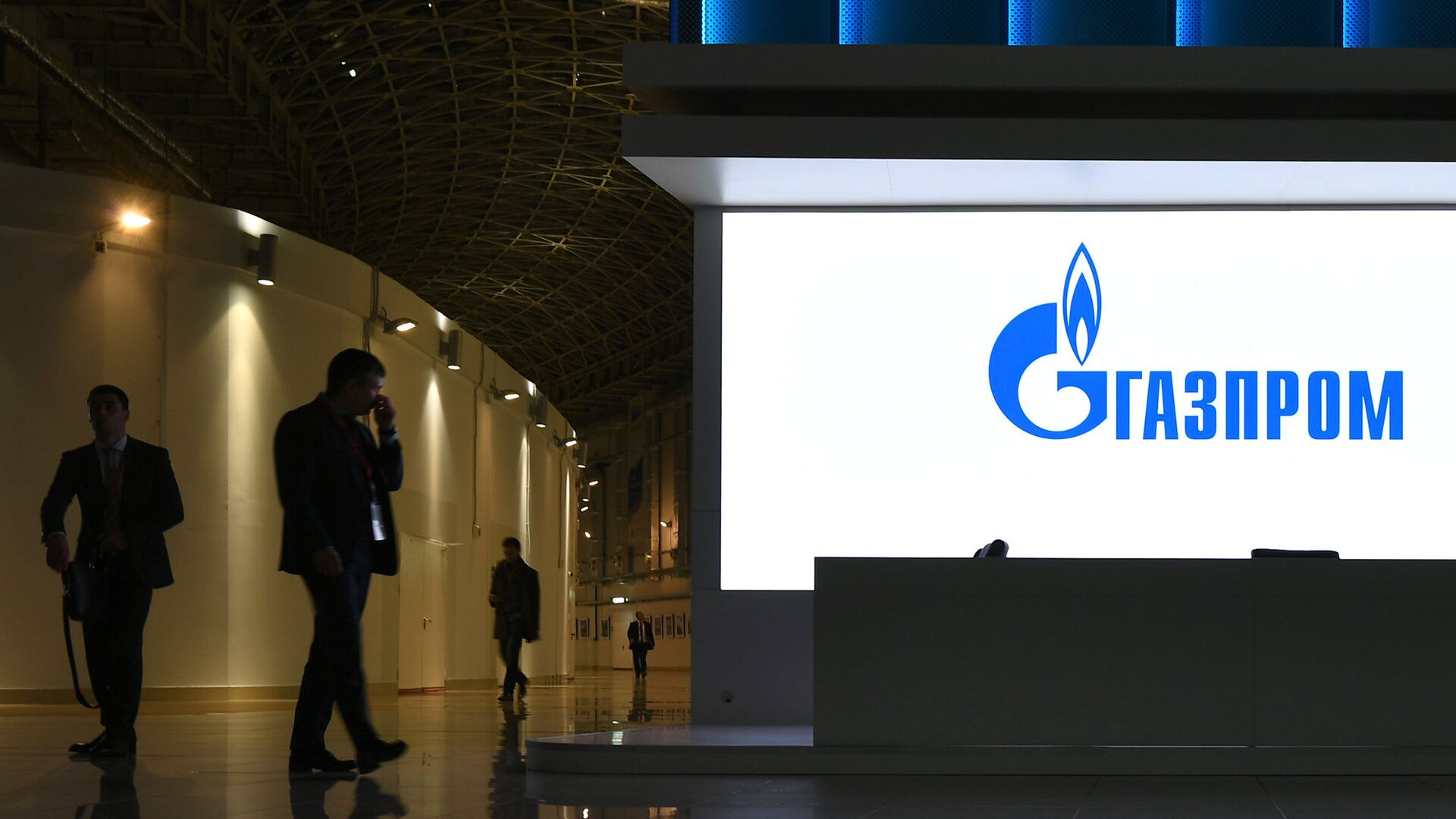SUKHUMI’S ANTI-GEORGIAN STANCE JEOPARDIZES INTERNATIONAL ECONOMIC INITIATIVES
SUKHUMI’S ANTI-GEORGIAN STANCE JEOPARDIZES INTERNATIONAL ECONOMIC INITIATIVES
The promising movement toward reopening railways to link Russia, Georgia, and Armenia via Georgia’s breakaway Abkhazia region is now in jeopardy. The $300 million project to restore the Abkhaz section of the Russo-Georgian railway after it was cut in 1992-93 appears to have stumbled over the mutual animosities between the Georgians and Abkhaz.
The first hints that the issue was moving toward resolution began last summer, when Tbilisi backed away from its initial tough stance regarding restoration of the rail link (see EDM, June 17, 2005). Georgian officials and specialists subsequently participated in talks about the rehabilitation of the Abkhaz section of the rail link and onsite technical inspections. Last December EU officials visited Sukhumi, the Abkhaz capital, and offered Abkhazia an impressive package of economic aid if it toned down its secessionist agenda (see EDM, December 12, 2005). Some Georgian officials and pundits believed that reopening the railway could become an organic part of a large, Western-sponsored plan of economic rehabilitation for post-war Abkhazia, and help move the region toward eventual reintegration into the Georgian social, economic, and political space.
On January 20, leaders of Georgian, Armenian, and Russian railway companies signed a protocol on establishing an international consortium to eventually open the rail link between Ingiri (Georgia) and Veseloe (Russia). The document appealed to the Abkhaz leadership to join the cause.
On May 4 in Moscow, officials from Georgia, Armenia, Russia, and Abkhazia signed a protocol establishing the Black Sea Railways consortium. The consortium, set up as an open joint-stock company, must rebuild the Abkhaz section of the railway. Andrei Turukin, Abkhazia’s representative in Russia for railway issues, said that members would discuss where to register the consortium during its next meeting, scheduled for late July in Tbilisi, and underlined that “the Abkhaz side was represented as a full-pledged party.” Some Georgian pundits and officials assessed this remark as one more step facilitating the acknowledgement of Abkhazia’s independence. Symptomatically, prior to the Moscow talks on the consortium, Sergei Bagapsh, the self-styled “president” of Abkhazia, told Abkhaz parliamentarians that Sukhumi must agree to resume railway traffic, which requires making Abkhazia an independent member of the project. He also declared that no political demands should be put forward as a precondition for the project (Apsnypress, Regnum, April 26).
Georgian officials connected with the consortium initiative are tight-lipped about the political and economic details of the deal. Irakli Ezugbaya, director of Georgia’s state-run Railway Company and the chief Georgian negotiator at the Moscow talks, told Georgian lawmakers last December that a political decision about the consortium is still pending (Civil Georgia, Regnum, Apsnypress, May 5; Akhali Taoba, June 3). Parliamentarian Shota Malashkhia, chair of the Commission for Territorial Integrity, expressed doubts about the expediency of the consortium due to the remaining legal questions. Meanwhile, according to a poll commissioned this April by the International Republican Institute, 75% of the 1,500 Georgians polled thought the restoration of the railway would “suit Georgian national interests” (www.iri.org.ge, Civil Georgia, May 30).
But now, as Sukhumi appears to be stepping up its secessionist agenda, the Georgian government is reconsidering whether to give a green light to the railway project. Kakha Bendukidze, Georgian state minister for economic reforms, responded to reports from Russian and Abkhaz sources about the Abkhaz separatists’ intention to rehabilitate the railway on their own. He said that the rehabilitation of the railway “is an issue of goodwill and politics,” and it is up to the Georgian government to decide whether to use the railway or not” (Kavkaz Press, June 26).
The Abkhaz increasingly regard the railway project as a political trap set by Georgia. Meanwhile, the Abkhaz also likely fear excessive integration into Russia, which the railway project might entail and prefer to take a “wait-and-see” attitude. There have been reports that Russia is pressing Sukhumi to reopen the railway link (Alia, June 27), while a July 4 statement by the Abkhaz government states that Abkhazia will contribute to the project only if it serves Sukhumi’s interests. (Apsnypress, July 4).
The statement follows a June 27 roundtable by the Forum of Abkhaz People’s Unity, which includes opposition parties and public movements. Forum participants noted that Abkhazia should not join international consortiums until the international community recognizes its independence. They said that the railway consortium aligns with Russia’s geopolitical interests, while neglecting Abkhazia’s interests. The Forum particularly disliked the wording of the May 4 protocol that, they argued, considers the Abkhaz railway to be a “portion” of the other [Georgian] railway route. Some opposition parliamentarians suggested that Abkhazia should join the consortium only after international recognition of its independence. A Forum statement issued on June 30 stressed that the international railway consortium poses a threat to Abkhazia’s sovereignty. The influential Abkhaz public-political movement Aidgilara (Unity), which is linked to the government, recently called on Bagapsh “to disavow” the protocol on creating an international consortium on the issue. On July 3 still more Abkhaz civic groups came out against the railway consortium (Apsnypress, July 7).
Bagapsh, who apart from security issues wants to discuss with Georgian President Mikheil Saakashvili (EDM, July 6) reopening closed air, sea and rail routes with Abkhazia to relieve the region’s economic blockade, downplayed the Forum’s concerns. He told a news conference on June 29 that the project is beneficial for Abkhazia in an economic sense and that Russia needs this strategic railway (Kavkaz Press, Apsnypress, Civil Georgia, Regnum, June 28-30).
Although the Abkhaz government formally denounced the Forum’s allegations as groundless and said that agreements regarding the consortium are not legally binding, it seems that the Abkhaz government is using the Forum to send a message to all stakeholders; to put them on notice that they must accommodate Abkhaz interests.


